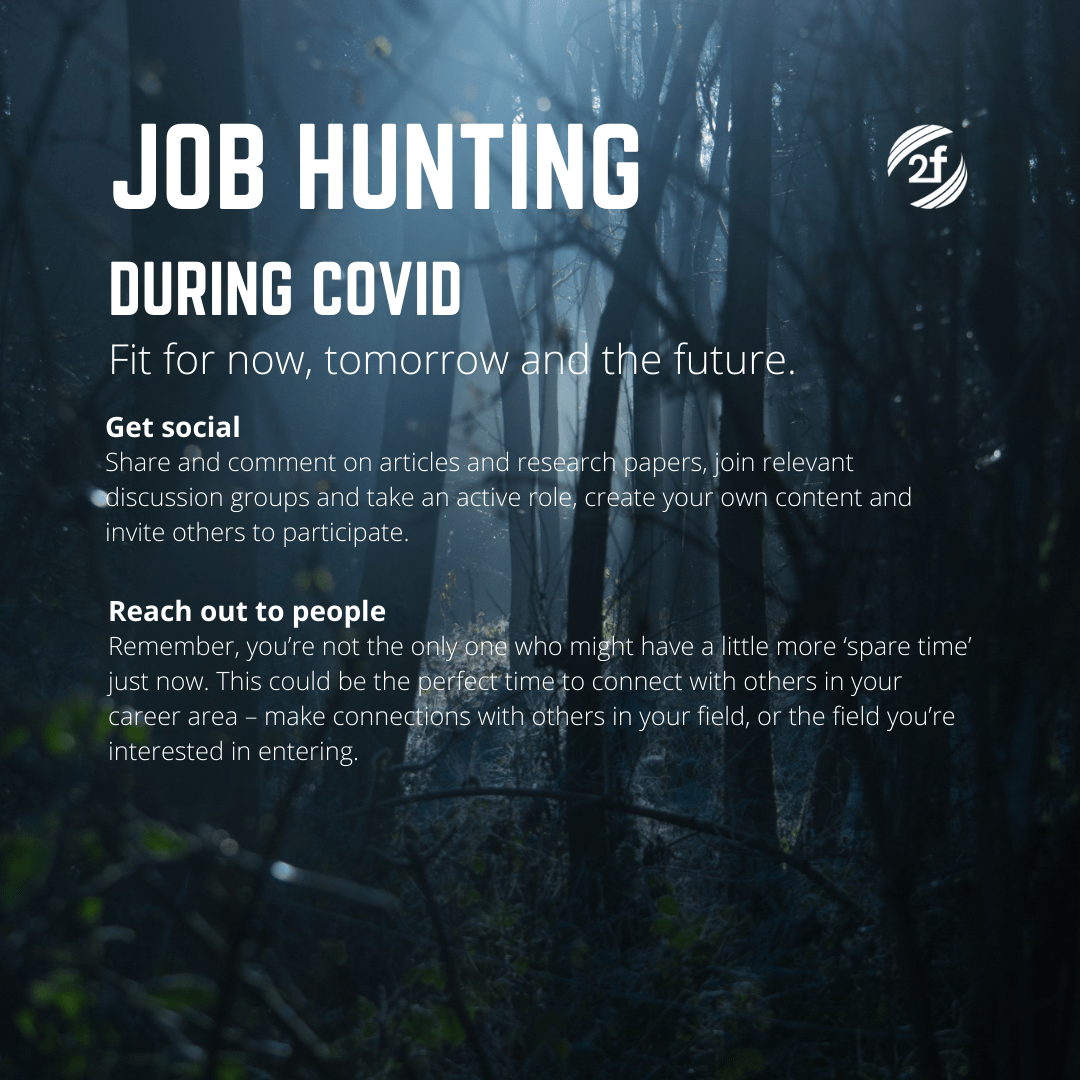[

When job-hunting, are you looking at the right places?

Executive Summary

Are you tired of applying for jobs and getting nowhere? Do you feel like your resume is a black hole, sucking in applications with no return? You’re not alone. Many job seekers unknowingly limit their opportunities by focusing on the wrong channels. This comprehensive guide will reveal hidden job markets, unconventional strategies, and proven techniques to significantly increase your chances of landing your dream job. We’ll explore the most effective places to search, helping you optimize your job hunt and finally achieve your career goals. This isn’t just about submitting applications; it’s about strategically positioning yourself for success. Prepare to transform your job search.
Introduction
The job hunt can feel like a daunting marathon, especially when you’re unsure where to even begin. Most people start by checking the usual suspects: Indeed, LinkedIn, and company websites. While these are valuable resources, relying solely on them significantly narrows your possibilities. This article provides a broader perspective, guiding you toward lesser-known yet highly effective avenues for securing employment. We’ll delve into unconventional strategies that will set your job search apart and boost your chances of landing that perfect role. Get ready to expand your horizons and unlock your career potential.
FAQ
-
Q: I’m only applying to jobs posted online. Is that enough? A: No. Online job boards only represent a fraction of available positions. Many companies fill roles through internal referrals, networking, or direct outreach, bypassing public postings altogether.
-
Q: My network is limited. How can I leverage it effectively? A: Even a small network can be powerful. Focus on quality over quantity. Reach out to your contacts, explain your job search, and ask for informational interviews or referrals. You might be surprised at the hidden opportunities that surface.
-
Q: I keep getting rejected. What am I doing wrong? A: Rejection is part of the process. Analyze your applications and interview performance. Seek feedback from recruiters or career advisors to identify areas for improvement. Focus on tailoring your resume and cover letter to each specific job description.
Networking: Your Hidden Job Market
Networking isn’t just about collecting business cards; it’s about building genuine relationships. This often overlooked aspect of the job hunt can unlock countless opportunities unavailable through traditional methods.
-
Attend Industry Events: Conferences, workshops, and meetups provide excellent opportunities to connect with professionals in your field. Engage in conversations, share your expertise, and actively listen to others.
-
Leverage LinkedIn: Go beyond passively scrolling. Engage with posts, participate in group discussions, and connect with people in your industry. Personalize your connection requests.
-
Informational Interviews: Request informational interviews with people working in roles you find interesting. These conversations offer valuable insights and potential leads.
-
Alumni Networks: If you’re a graduate, connect with your university’s alumni network. Many alumni are happy to help fellow graduates.
-
Online Communities: Join relevant online forums, groups, and communities related to your industry. Participate actively and contribute meaningfully to build your reputation.
Company Websites: Beyond the “Careers” Page
Don’t limit yourself to the “Careers” section of company websites. Many companies post job openings in less obvious places.
-
“About Us” Section: Research the company’s mission, values, and culture to understand their needs. This can inspire you to identify unadvertised opportunities.
-
News and Press Releases: Keep an eye on company news; new initiatives often create new job roles.
-
Social Media Pages: Companies often announce job openings on their social media accounts before they appear on job boards.
-
Contact Us: If you can’t find suitable openings, reach out to the company directly. Express your interest and inquire about potential opportunities.
-
Internal Job Boards: Some companies have internal job boards accessible only to employees. If you know someone who works there, ask if they can share information.
Recruiters: Your Secret Weapon
Recruiters specialize in connecting candidates with employers. Building relationships with recruiters can significantly boost your job search success.
-
Identify Recruiters Specializing in Your Field: Research recruiters specializing in your industry.
-
Network with Recruiters: Attend industry events and connect with recruiters on LinkedIn.
-
Create a Compelling Profile: Make sure your LinkedIn profile is up-to-date and highlights your skills and experience.
-
Follow Up: Don’t hesitate to follow up with recruiters to update them on your job search.
-
Provide Excellent Referrals: Referrals are invaluable to recruiters. They can enhance your credibility and increase your chances of being considered.
Job Boards: Beyond the Obvious
While popular job boards are valuable, don’t overlook niche job boards that focus on specific industries or career levels.
-
Industry-Specific Job Boards: Search for job boards tailored to your industry. These often have specialized openings not found on general job boards.
-
Niche Job Boards: Explore job boards that cater to specific career levels or job types.
-
Government Job Boards: If you’re interested in a government position, utilize the relevant government job boards.
-
Company-Specific Job Boards: Some companies have their own job boards.
-
Professional Organizations: Many professional organizations maintain their job boards for members.
Hidden Job Markets: Uncovering Untapped Opportunities
Many jobs are never publicly advertised. These “hidden” opportunities are often the most rewarding.
-
Internal Referrals: Networking is crucial here. Let your contacts know you’re job hunting.
-
Temp Agencies: Temporary assignments can lead to permanent positions.
-
Freelancing Platforms: Freelancing offers opportunities to showcase skills and potentially lead to full-time employment.
-
Contract Work: Similar to freelancing, contract positions can provide valuable experience and transition into permanent roles.
-
Direct Outreach: Research companies that interest you and contact them directly, even if there aren’t any open positions.
Conclusion
Finding the right job requires a multifaceted approach. While traditional methods like online job boards are important, focusing solely on them limits your chances. By strategically leveraging networking, exploring company websites beyond the “Careers” page, building relationships with recruiters, utilizing niche job boards, and tapping into hidden job markets, you significantly increase your chances of landing your dream job. Remember, a successful job search is about more than just applying; it’s about actively positioning yourself and persistently pursuing opportunities. Don’t be afraid to think outside the box; the right job might be waiting just around the corner – you just need to know where to look.
Keywords
Job Search Strategies, Networking for Jobs, Hidden Job Market, Recruitment, Career Advancement
]

